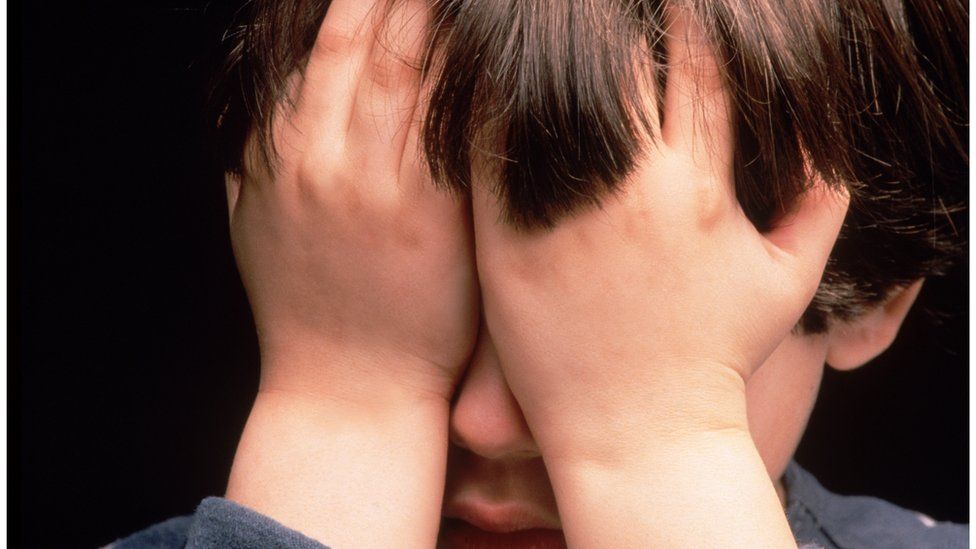ARTICLE AD BOX
 Image source, Getty Images
Image source, Getty Images
By Emaan Warraich
BBC News
Children's charity NSPCC is calling on the government to provide support for children suffering abuse during the school holidays.
Domestic abuse of children increases during holidays as children spend more time at home.
From 2022 to 2023 the NSPCC helpline handled the highest number of domestic abuse contacts in the summer period from July to September.
The government declined to comment on calls for more support services.
Domestic abuse can include assault, controlling behaviour, humiliation, isolation, threats and coercion and any other abuse that's used to harm.
Children who experience or witness domestic abuse and coercive control can feel scared and may have poor mental health as a result.
The NSPCC wants the government to provide therapeutic support services, independent domestic violence and abuse advisors, helplines and counselling services for children.
The charity said that of those contacting them about, 1,422 mentioned emotional abuse. These peaked in June with 190 contacts, and overall, 32% of these took place between June and August.
'I feel hopeless'
A 17-year-old girl who contacted the NSPCC's Childline said: "I believe my dad matches all the criteria for narcissistic behaviour and coercive control towards my mum.
"My dad has been controlling my mum her whole life. I don't want my little brother and sister to grow up with what it was like for me.
"My dad used to be physically abusive, but this has stopped. Now he calls us names, gaslights us, controls the finances and locks up parts of the house, like the kitchen, so that we aren't allowed in. The police have been called but they ask us questions in front of my dad so no-one can say the real truth.
"I feel hopeless. Only we know the way he really is. I feel like we are my dad's property once everyone else has gone away.''
Paddi Vint, from the NSPCC, said: "It is worrying to know children are having to deal with coercive control, especially over the summer when they are away from teachers and other adults who often spot concerns and who they can turn to for support."
The BBC contacted both the department for education and the department for health and social care but neither wished to comment.

 1 year ago
54
1 year ago
54








 English (US)
English (US)